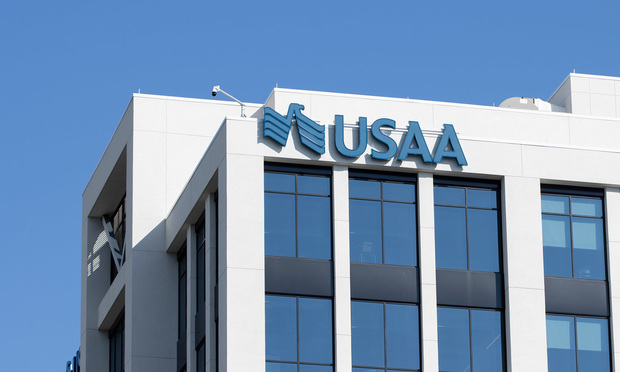Virtual Viewpoint is a regular feature of this website where we ask industry leaders a particular question on insurance technology. This time we've asked Kim Morton, director of global product marketing for OneShield, a question about billing systems.
What other drivers besides improving customer service should be considered when evaluating a billing system?
Morton: While it is absolutely critical to make certain a new billing system is going to increase customer service levels and billing inquiry response time, there are other benefits to be gained. If insurers don't look past the trees and into the forest for additional functionality and benefits, they will miss the opportunity to leverage billing for improved profitability and expansion into new markets.
With a modern billing system's workflow capabilities, process improvements are easily made. In fact, even an insurers' business users can execute changes at any time to improve payment processing, commissions, exception handling, promise and delinquency processing, carry forwards, write-offs, and refunds. All of this automation helps insurers achieve operational efficiency improvements, as well as decrease processing costs, especially around invoicing, payment and receivables management. This leads to enhanced profitability and delivers significant process efficiencies.
The open architecture of a flexible billing system allows insurers to have greater control over the system and enables quicker responses to the changing needs of the market and the growing demands of customers. When combined with powerful configuration tools, a modern billing system can also reduce the need for in-demand IT resources to be called in for simple changes.
Besides building out capabilities within a new billing system, an even bigger concern is system maintenance. The more changes that are made, the harder it is to maintain. With a flexible billing platform these concerns are reduced significantly. This provides even more dexterity, and gives insurers every business advantage to expand into new or emerging markets.
Modern billing platforms increase an insurer's speed to business value by:
- Leveraging powerful, intuitive configuration tools to rapidly respond to emerging market demands;
- Creating customized billing and payment plans, as well as the ability to easily modify plans to enter and serve new markets; and
- Extending pre-built integration points to maximize ROI on existing IT investments.
Today's billing systems are designed to make it easier for insurers to provide faster resolution of customer questions, better management of agent commissions, automation of the billing lifecycle, flexible designs of billing, payment and delinquency plans, painless integration with external systems and the ability to enter new markets quickly. Taking advantage of these capabilities provides policyholders with new flexibility and elevates billing to the level of a key strategic investment for insurers.
Kimberly Morton is the director of global product marketing for OneShield. She can be reached for further comment via email at [email protected].
|Want to continue reading?
Become a Free PropertyCasualty360 Digital Reader
Your access to unlimited PropertyCasualty360 content isn’t changing.
Once you are an ALM digital member, you’ll receive:
- Breaking insurance news and analysis, on-site and via our newsletters and custom alerts
- Weekly Insurance Speak podcast featuring exclusive interviews with industry leaders
- Educational webcasts, white papers, and ebooks from industry thought leaders
- Critical converage of the employee benefits and financial advisory markets on our other ALM sites, BenefitsPRO and ThinkAdvisor
Already have an account? Sign In Now
© 2024 ALM Global, LLC, All Rights Reserved. Request academic re-use from www.copyright.com. All other uses, submit a request to [email protected]. For more information visit Asset & Logo Licensing.








